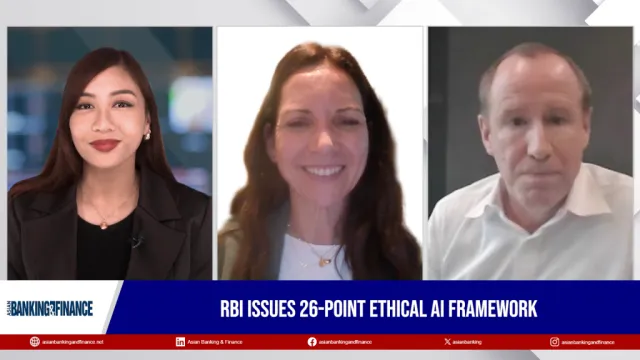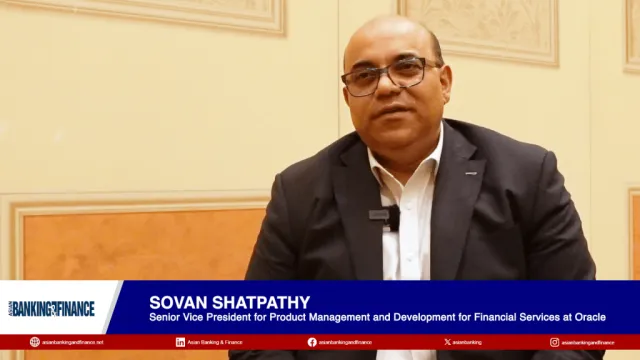India’s FREEAI Framework sets new standards for ethical banking
Reserve Bank’s 26-point plan embeds trust and accountability at the core of financial AI innovation.
India’s push for responsible artificial intelligence (AI) in banking is gaining attention with the Reserve Bank of India’s (RBI) launch of a 26-point framework for ethical AI. The initiative, known as FREEAI (Framework for Responsible, Ethical AI), aims to guide financial institutions in building safe, transparent, and explainable AI systems through measures like regulatory sandboxes, localised models, and integration with digital payment networks such as UPI.
According to Terisa Roberts, Global Solution Lead for Risk Modelling and Decisioning at SAS, the framework represents a crucial step toward embedding AI governance into the financial system. “An AI governance framework must develop alongside a bank's plans and priorities for AI as it enables innovation by embedding AI oversight, AI becomes trustworthy and banks can innovate faster,” Roberts said.
She emphasised that balancing innovation and trust is one of the sector’s greatest challenges. “Banks need guidelines and guardrails to innovate, and a good analogy is to think of it as flags on the beach that shows you where to swim,” she said.
FREEAI’s standards, Roberts said, ensure that AI systems “are not only innovative but also explainable, that they are auditable and that they are fair and that builds customer trust.”
Feargal De Burca, Head of Financial Services Technology Consulting for KPMG Singapore, said the principles behind FREEAI could help redefine the financial industry’s approach to AI adoption. “If we look at the focus on accountability and putting humans first, we're seeing a prioritisation of AI for social impact.”
He noted that AI could drive progress in areas such as fraud prevention and financial inclusion. “It could be helping banking for the underserved, and also the recommendation of an innovation prize for AI usage that really drives positive change is refreshing when AI is often viewed as a threat by the general public,” he added.
To support the rollout of ethical AI, Roberts said both “technological and organisational infrastructure” will be essential. She called for “secure data environments, robust data governance and model lifecycle management,” as well as “upskilling programs so employees understand how to manage AI responsibly.”
De Burca said infrastructure proposals such as a national data utility and sandbox environments would make AI more accessible to smaller players, while a financial services large language model (LLM) could act as a public good ensuring “consistency and implementation.”



















 Advertise
Advertise









Commentary
Fighting fraud in the digital banking age
Asian banking’s next frontier: Beyond growth, embracing precision
Rethinking cybersecurity: How APAC banks can safeguard against AI-powered threats
Why Singapore’s fast payments need faster protections